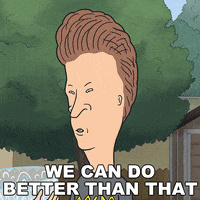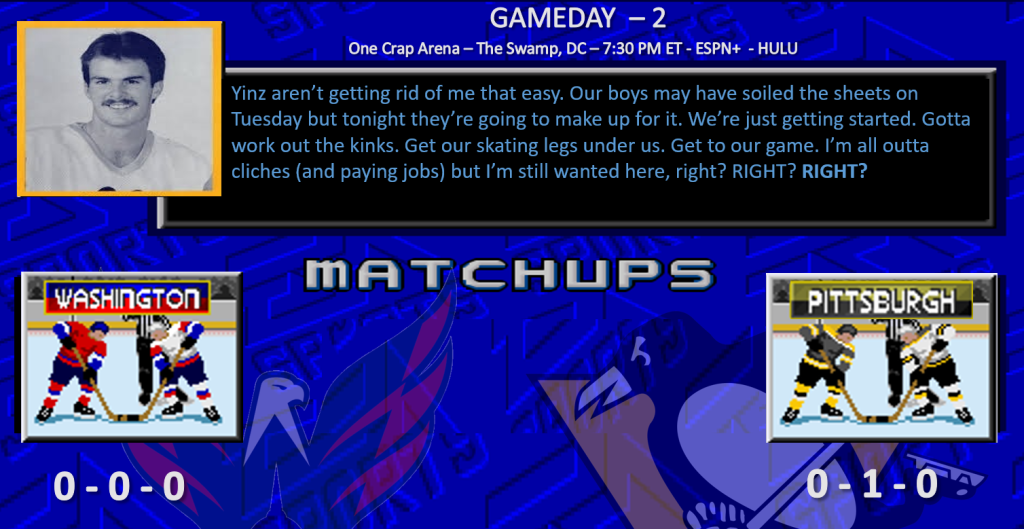

With a couple days to recover from their home and season opening 4-2 loss against the Chicago Blackhawks,
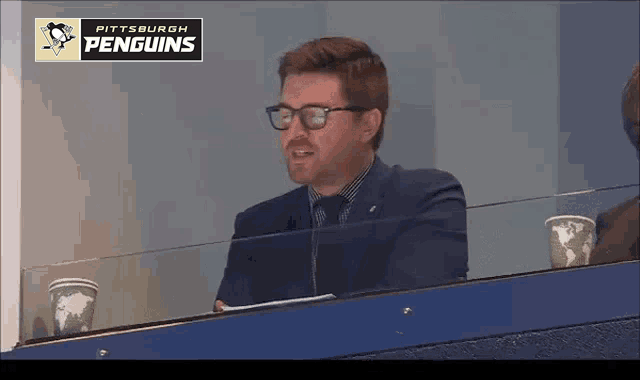
… the Pittsburgh Penguins now can get re-acquainted with their sorta-rivals the Washington Capitals. The Caps open their regular season with two home games – tonight’s home opener against the Penguins, then hosting the Calgary Flames on Monday – before heading north of the border to visit the Ottawa Senators and Montreal Canadiens.
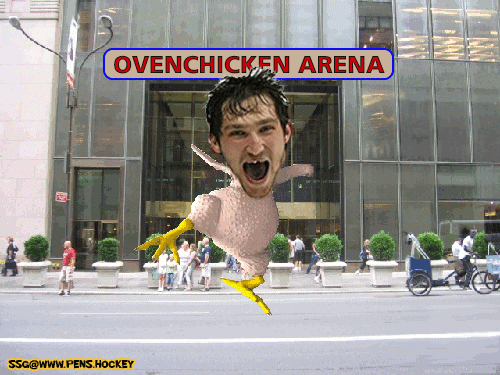
This season is anticipated to be another in a holding pattern for Washington. Since winning the Stanley Cup in 2018, the Capitals have been slowly eroding into irrelevance as their core has aged and dissipated. They still have Alex Ovechkin of course, now 72 goals shy of tying Wayne Gretzky’s career goals scored record. They also still have John Carlson, Nicklas Backstrom, Evgeny Kuznetsov, T.J. Oshie, and Tom Wilson, but the quality of those players has mostly diminished. Beyond them, Washington’s depth has a lot of questions. Some of their young players are hoped to be promising, but for the most part the Capitals appear to keeping them in the AHL for now. Most critically, their goaltending is likely going to be their biggest issue, with a tandem of Darcy Kuemper and Charlie Lindgren that is quite dubious. As it is the Capitals head into the season looking to be on the outside of the playoff discussion, even if things go their way. Their competition for a Wild Card spot gets tougher with each passing season, and it’s hard to envision them getting there at all at this point.
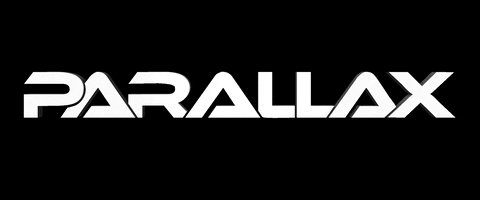
The title of this Gameday alludes to (and, with respect to the Chicago Blackhawks, is also an echo to) the fact that the Pittsburgh Penguins are in the waning years of a dynastic era (at least, in the context of a salary cap), whereas the Capitals spent much of the same time being the bridesmaids to the Penguins and other teams which found success over the last nearly twenty seasons. Yes, Pittsburgh has been very fortunate to win three Stanley Cups and unfortunate to have not won more, but the misfortunate was gratefully fewer and further between than most. The Blackhawks likewise had more successes than failures over the last sixteen years, but only now are they just starting to recover from being in the NHL basement, and that recovery may still take some years. Washington, on the other hand, has not officially called it quits on their Stanley Cup hopes, even though they are not looking like much in the way of competition. The point is that the shoe could very much have been on the other foot, with the Capitals still legitimately in the hunt for a championship and the Penguins being moribund, but…here we are.
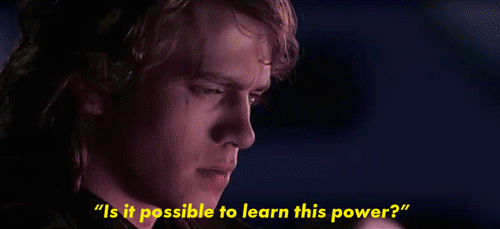
One of the things I am going to be keeping a regular eye on with Pittsburgh this season is their power-play. Long considered a strength of the organization, their performance over the last couple of seasons has allowed a significant amount of concern to creep in. From Mario Lemieux’s first full season in 1984-85 to the last prior to his first retirement in 1996-97, the Pittsburgh Penguins had the second-best power-play in the NHL. Similarly, the Penguins have had the third-best power-play in the NHL between when Sidney Crosby came into the League in the 2005-06 season up to the 2020-21 season.
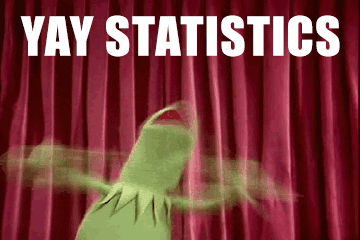
However, the last two seasons Pittsburgh has been decidedly average, ranking tied for 15th with the Minnesota Wild and just behind the Nashville Predators. Optimistically we could also observe that the prospective top two teams in the Metropolitan Division, Carolina and New Jersey, have also not been great on the power-play the last couple of years (18th and 25th, respectively), but then again neither of those teams have quite the established powers in terms of production on the man-advantage.
When you have a top unit consisting of Sidney Crosby, Evgeni Malkin, Jake Guentzel, Kris Letang, and pick one of Bryan Rust or Rickard Rakell, you ought to do much better than middle-of-the-pack if those guys are as productive as expected. Now add Erik Karlsson to the mix, and the Penguins really should be one of the better teams in the League on the power-play. Without trying to read too closely into preseason numbers, the Penguins only scored three power-play goals in their four contests while also allowing a shorthanded goal. To that extent, they were in poor company for so few PPGs, as most teams to do as poorly or worse are not expected to be in the playoffs. Pittsburgh was also given the fourth-least power-play time in the preseason, so they didn’t have a lot of opportunity to work out the kinks. Fundamentally, the top unit should be good enough to at least be in the top ten in the League. If they continue to struggle as they have for the last couple of seasons, I would expect general manager Kyle Dubas to be more aggressive in trying to fix the issue any way he can.
